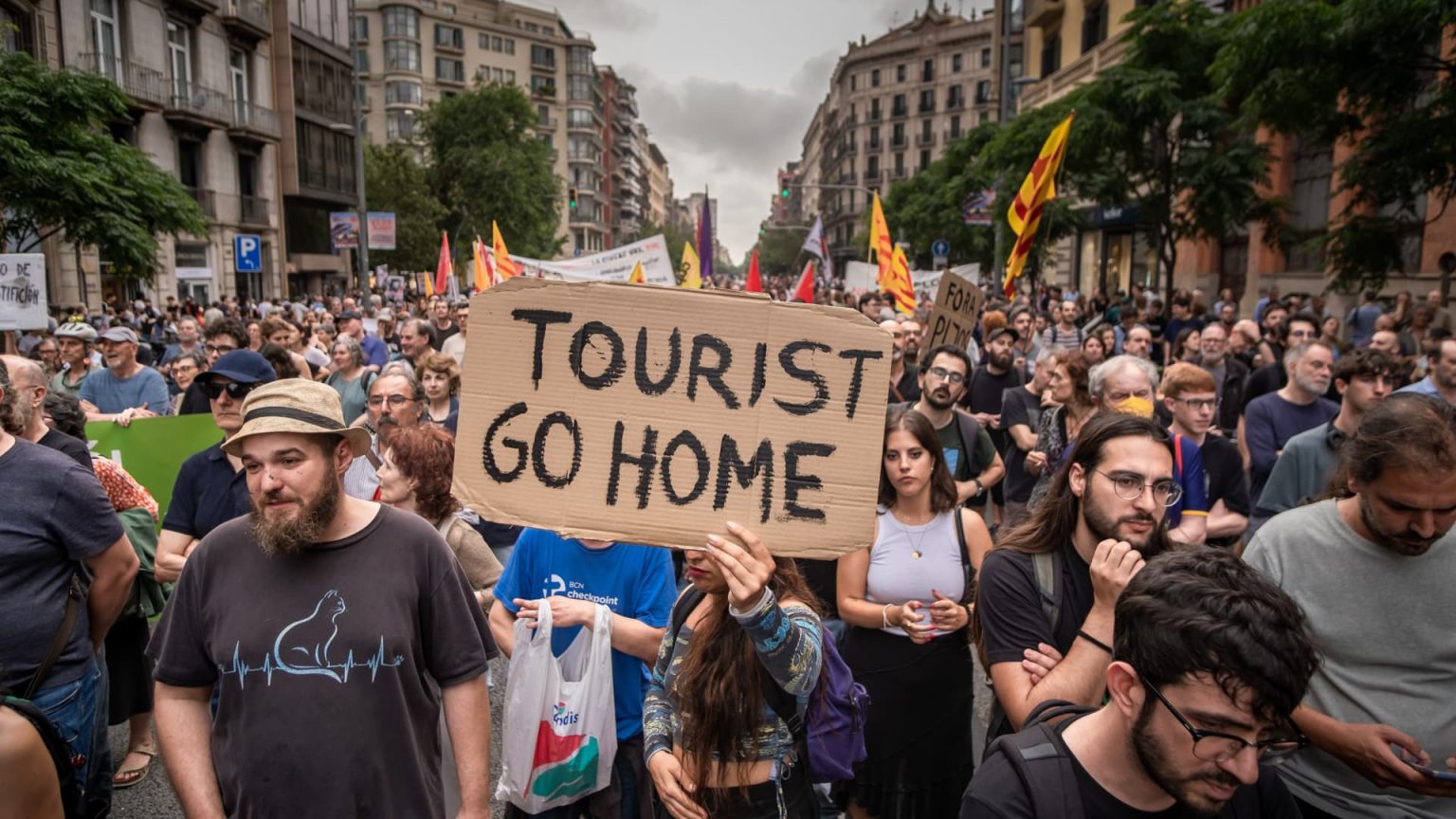The summer of 2024 saw anti-tourism protests in Barcelona, with demonstrators shouting “Tourists go home!” However, despite the protests, Spain’s tourism industry continued to thrive, with international arrivals rising by 7% in August. The top three most popular destinations were the same spots where protests took place, including the Balearic Islands, Catalonia, and Andalusia. Data shows that many tourists were not deterred by the protests, with a survey revealing that 89% of American travelers were unaware or unconcerned about the demonstrations.
While Booking.com did not see any significant shifts in post-protest bookings to popular Spanish destinations like Mallorca and Barcelona, RateGain reported a notable impact in searches and bookings to Barcelona immediately following the protests. However, within six weeks, bookings bounced back as tourists continued to visit the popular cities. The protests were seen as a step towards achieving larger goals by the Assembly of Neighbourhoods for Tourism Degrowth, who have called for measures to curb overtourism and its negative impacts on local residents.
Barcelona’s city council has announced new measures to tackle overtourism, including a 135-page plan released in September that outlines 55 actions to find a better balance between tourists and residents. However, critics like the Assembly of Neighbourhoods for Tourism Degrowth believe these measures are mere “cosmetic speeches and social washing” that do not address the root causes of overtourism. The organization advocates for a reduction in tourist numbers and a shift towards more sustainable tourism practices.
Despite claims that an influx of summer tourists humiliated protesters, the Assembly of Neighbourhoods for Tourism Degrowth remains enthusiastic, with plans to organize more protests in the future to address overtourism issues in Barcelona. The organization believes that residents will be the driving force for change when it comes to solving the city’s mass tourism problems. Residents in more territories are mobilizing to address the issue collectively, demonstrating a growing awareness of the negative impacts of overtourism on local communities.
Booking Holdings’ CEO Glenn Fogel has spoken out against protests as a means to combat overtourism, stating that they may not be the most effective way to address the issue. Fogel believes that governments, travelers, residents, and travel companies must work together to find sustainable solutions to overtourism. He stresses the importance of cooperation between all stakeholders to ensure that tourism benefits are shared equitably and that the negative impacts of overtourism are mitigated for the benefit of all involved.


